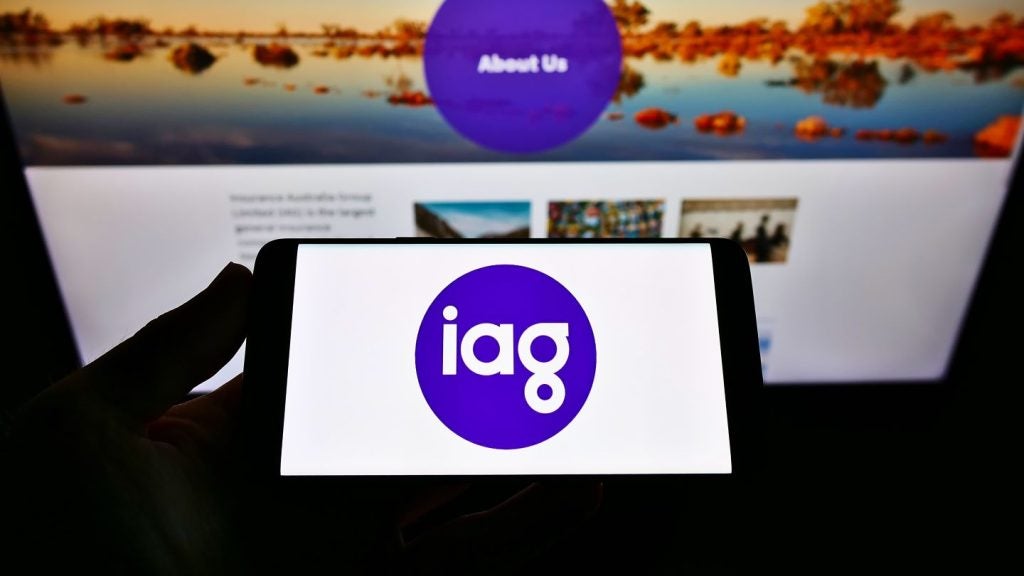Computer vision (CV) can be used to mitigate claims before they occur in addition to speeding up the claims process. Data privacy concerns, however, may limit the success of solutions that use CV technology.
Listed below are the key regulatory trends impacting the computer vision in insurance theme, as identified by GlobalData.
Data privacy
Concerns about data privacy will always be present once photos and videos are involved. These concerns for the insurance industry will largely be determined by the line of business in which CV technology is deployed.
Images collected by CV applications within the health insurance industry, for example, would focus on images of the body. This data is much more sensitive compared to a picture of a vehicle after an accident. Similarly, images captured in the home will be of greater sensitivity to consumers. Insurance companies must ensure their customers are comfortable with CV technology if these solutions are to be successful.
Data protection activists across Europe are looking to reclassify facial recognition data as biometric data, which under European Union General Data Protection Regulation (GDPR) is considered sensitive and requires explicit consent to be collected. Similarly, the California Privacy Act includes biometric information within the definition of personal information. The Commercial Facial Recognition Privacy Act is the most recently proposed act in the US regarding privacy on facial recognition.
Regulation lags behind
Regulation governing the rules of artificial intelligence (AI) is lacking. In March 2020, the UK’s Association of British Insurers called on regulators to establish clear ethical rules on the use of big data and AI. It warned that existing regulation may not be sufficient when claims and underwriting decisions are made by a computer.

US Tariffs are shifting - will you react or anticipate?
Don’t let policy changes catch you off guard. Stay proactive with real-time data and expert analysis.
By GlobalDataIn the US, policy terms and rates are generally subject to regulatory approval. Regulators will question whether rates are justifiable if they are decided by AI, using data unbeknownst to the insured without robust rules and guidance.
Consumers are at risk of being unfairly treated due to AI underwriting and claims processes without regulation reform. Machine learning systems also need to be regularly tested to identify whether systematic bias exists, which would lead to unfair outcomes for certain customer groups.
This is an edited extract from the Computer Vision in Insurance – Thematic Research report produced by GlobalData Thematic Research.









